From Screen Royalty to Quiet Freedom – The Story of a Woman Who Chose Herself
In a town where fame is the ultimate addiction, walking away from it takes courage most can’t imagine. Bridget Jane Fonda — born into one of Hollywood’s most powerful dynasties — had the world at her feet. Yet, after decades of unforgettable performances, red carpets, and critical acclaim, she turned her back on the spotlight and disappeared into a life of privacy and purpose. Her journey isn’t just about fame and fortune; it’s about knowing when to stop chasing applause and start chasing peace.
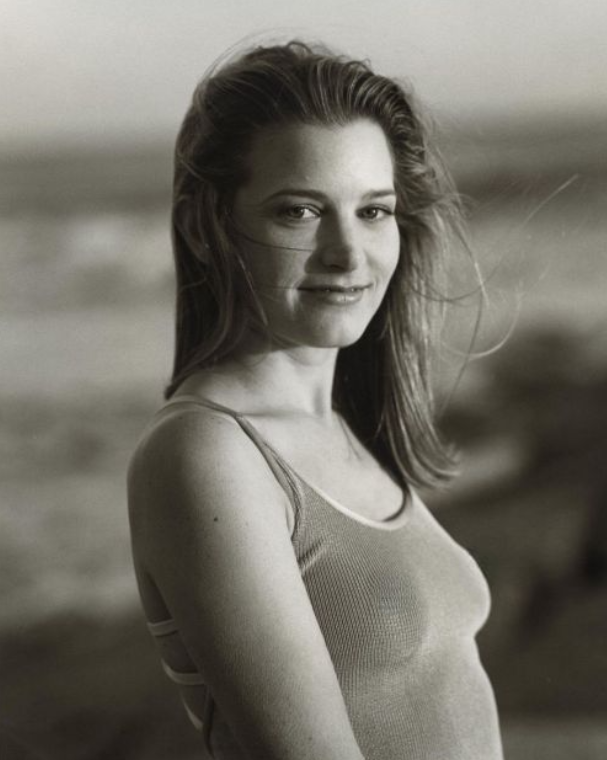
Born to Shine: A Family of Hollywood Legends
Bridget Fonda entered the world on January 27, 1964, in Los Angeles, California — practically in the shadow of a movie set. Her father, Peter Fonda, was the rebel heart behind Easy Rider, her aunt Jane Fonda was already a two-time Oscar winner, and her grandfather Henry Fonda had defined American cinema with classics like 12 Angry Men. To say acting was in her blood would be an understatement — it was her family language.
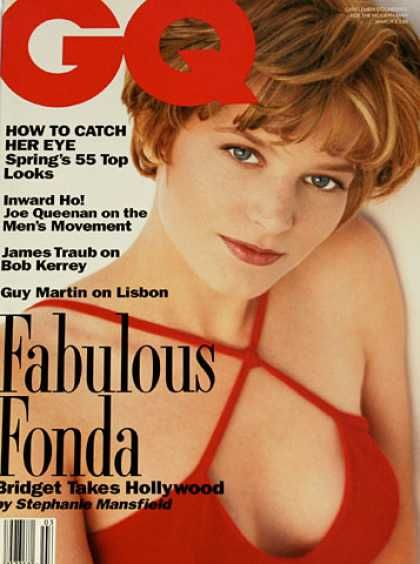
Still, Bridget wasn’t one to coast on the Fonda name. Raised between the glitz of Los Angeles and the quiet landscapes of Montana, she learned early on that fame was fleeting, but authenticity was lasting. At just five years old, she made her first on-screen appearance in Easy Rider, her father’s counterculture masterpiece. It was a blink-and-you’ll-miss-it role, but for young Bridget, it was the beginning of a lifelong relationship with storytelling.
Video : Bridget Fonda, 61, Shows Her Huge Size In New Pics
Finding Her Own Way: Training, Discipline, and Determination
As a teenager, Bridget developed an early fascination with the stage. Performing in her high school production of Harvey sparked something deep inside her — a recognition that acting wasn’t just a family tradition, but her personal calling. She later attended the prestigious Lee Strasberg Theatre Institute at NYU’s Tisch School of the Arts, determined to earn her place in Hollywood the hard way.
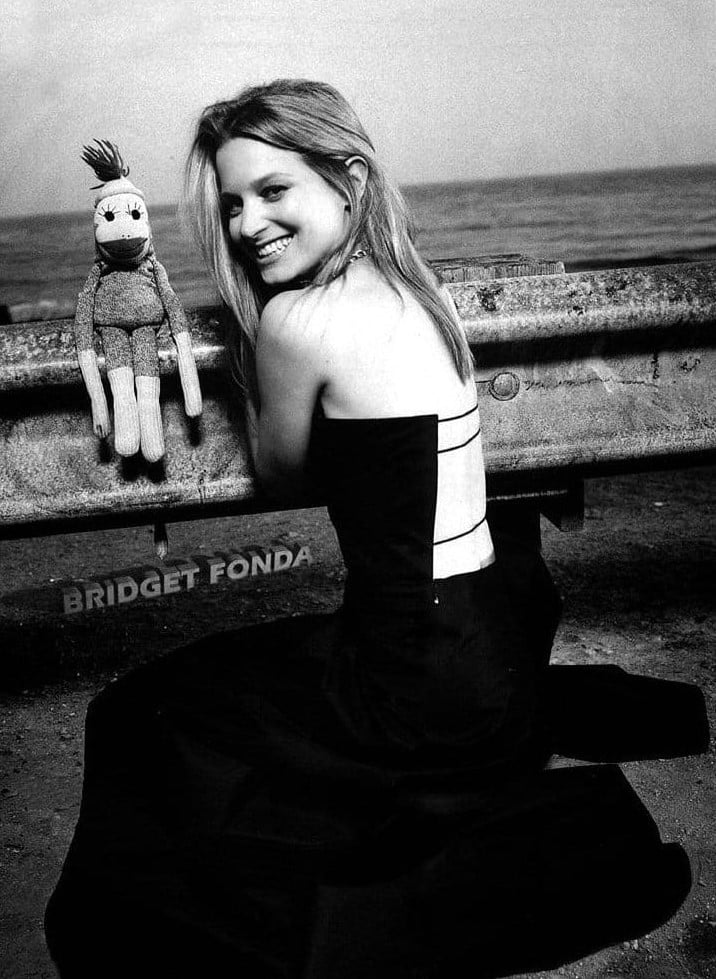
While many expected her to glide into fame effortlessly, Bridget worked for every role. She took acting classes, auditioned relentlessly, and honed her craft until her presence felt as natural as her lineage. It wasn’t nepotism that built her career — it was talent, persistence, and a quiet fire that set her apart from her famous relatives.
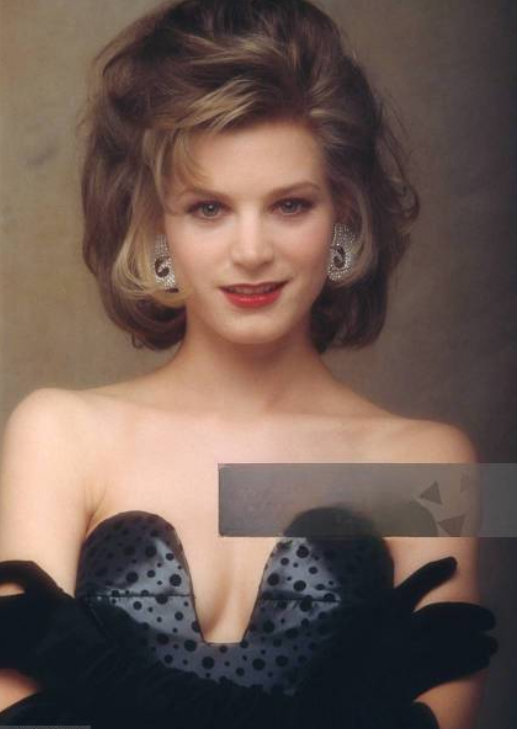
The Breakthrough: From Indie Darling to Hollywood Force
Bridget’s breakout moment came in 1989’s Scandal, where she portrayed the confident and charismatic Mandy Rice-Davies. Her performance earned her a Golden Globe nomination and catapulted her into the public eye. That same year, she starred in The Godfather Part III, proving she could hold her own alongside acting giants like Al Pacino and Diane Keaton.
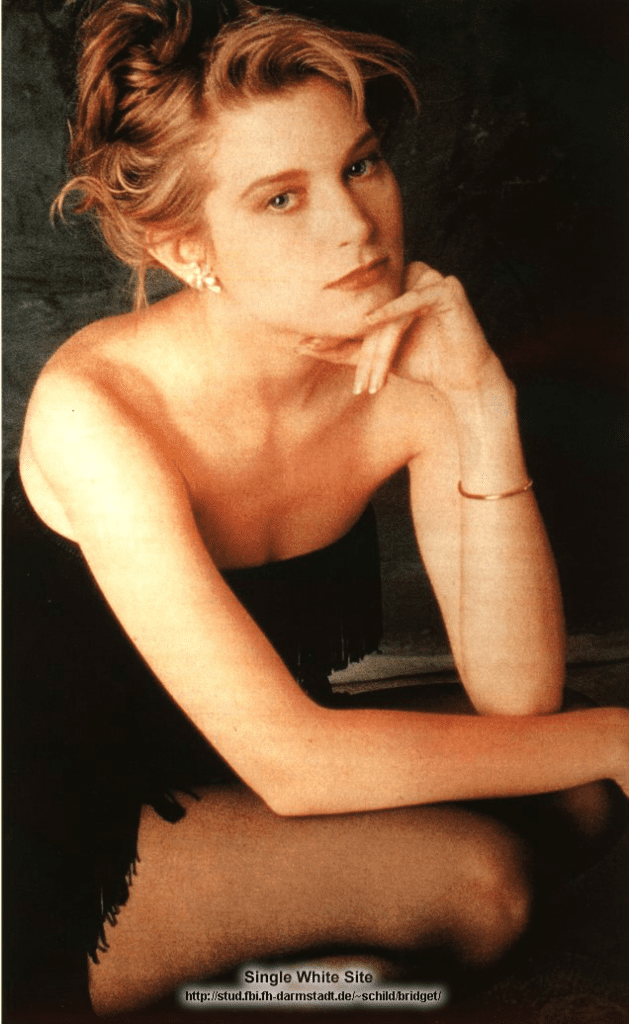
Then came the roles that defined her era. In Singles (1992), she captured the spirit of Generation X with ease — smart, funny, and irresistibly real. Later that year, Single White Female pushed her into thriller territory, showcasing her emotional intensity and range. Audiences couldn’t take their eyes off her.
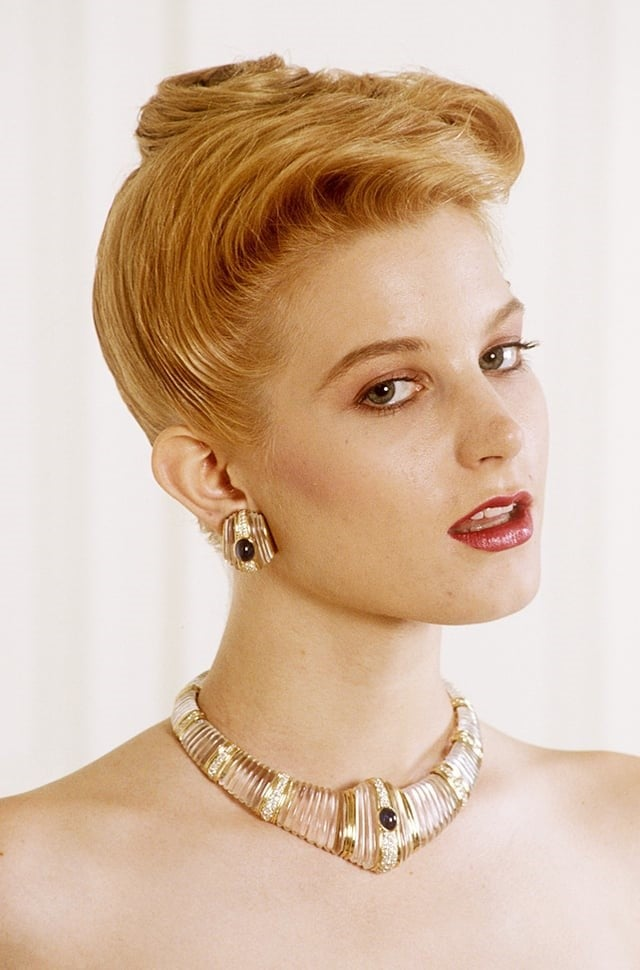
By the mid-90s, Bridget was everywhere — Point of No Return, It Could Happen to You, Jackie Brown, A Simple Plan, Lake Placid. She shifted effortlessly from romantic comedies to psychological thrillers to action dramas, proving she wasn’t just a Fonda — she was a force in her own right.
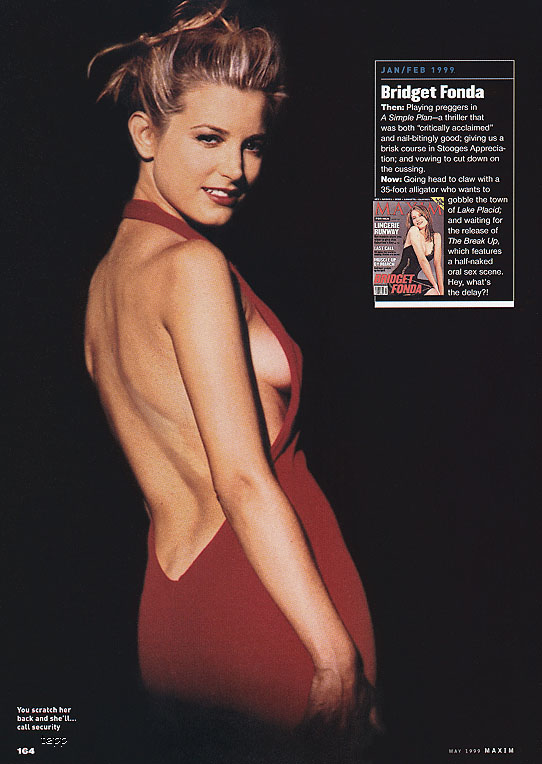
Point of No Return: A Defining Role of Grit and Grace
Among her many hits, Point of No Return stands tall. Playing a convicted felon transformed into a government assassin, Bridget delivered one of the most nuanced performances of her career. She balanced toughness with fragility, darkness with redemption. Every look, every gesture, was deliberate. Critics called it “a masterclass in restrained power.”
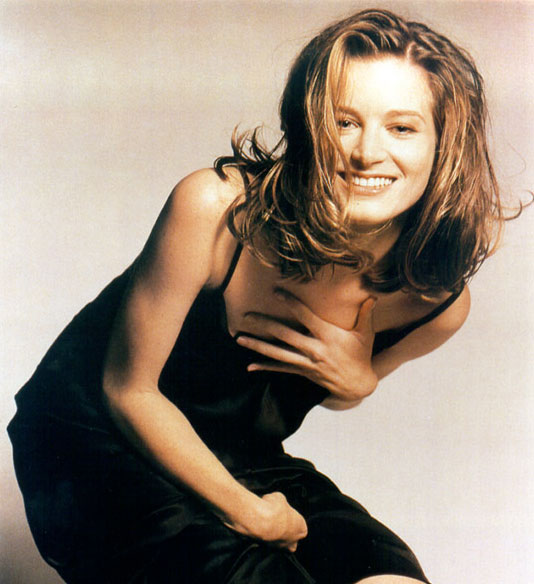
The film became a metaphor for her career itself — a woman constantly reinventing herself, breaking expectations, and daring to be unpredictable. Hollywood saw her as the next big thing. But Bridget had other plans.
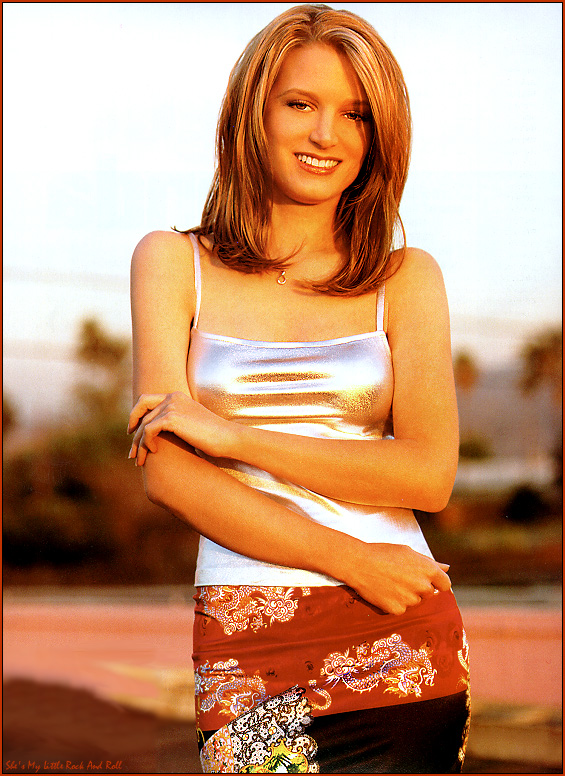
The Turn: Choosing Family Over Fame
Behind the glitz, Bridget’s life was shifting. After years of steady work and critical praise, she longed for something simpler — a life unfiltered by flashing lights and long production schedules.
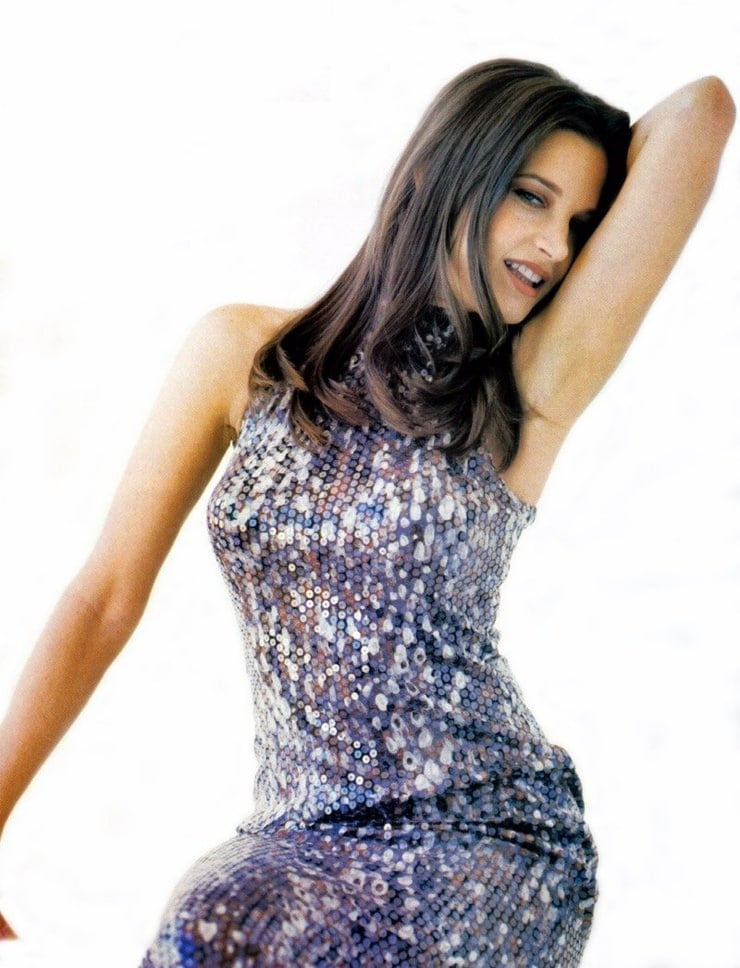
She found love with composer Danny Elfman, the musical genius behind The Nightmare Before Christmas and Batman. Their worlds collided on the set of A Simple Plan, and soon after, they married in 2003. That same year, fate intervened. Bridget survived a serious car accident on the Pacific Coast Highway, fracturing her vertebrae but walking away with her life.

It was the wake-up call she didn’t know she needed. Hollywood suddenly felt hollow compared to the gift of family and health. Not long after, she and Elfman welcomed their son, Oliver, and Bridget quietly stepped away from acting — no farewell tour, no press conference, just a graceful exit.
Video : Bridget Fonda, 60, Leaves Nothing To Imagination—Proof In Pictures
Life Beyond the Limelight: A Different Kind of Happiness
Since her retirement, Bridget has embraced anonymity with elegance. She and Elfman built a private, creative life in California, surrounded by music, nature, and family. While her husband continued composing for films and concerts, Bridget focused on motherhood, community, and the quiet joy of ordinary days.

Occasionally, fans catch rare glimpses of her — walking with her son in Los Angeles, attending an event with Danny, or simply living freely without the trappings of celebrity. She’s aged naturally, gracefully, and beautifully, proving that confidence and peace are the best beauty secrets of all.
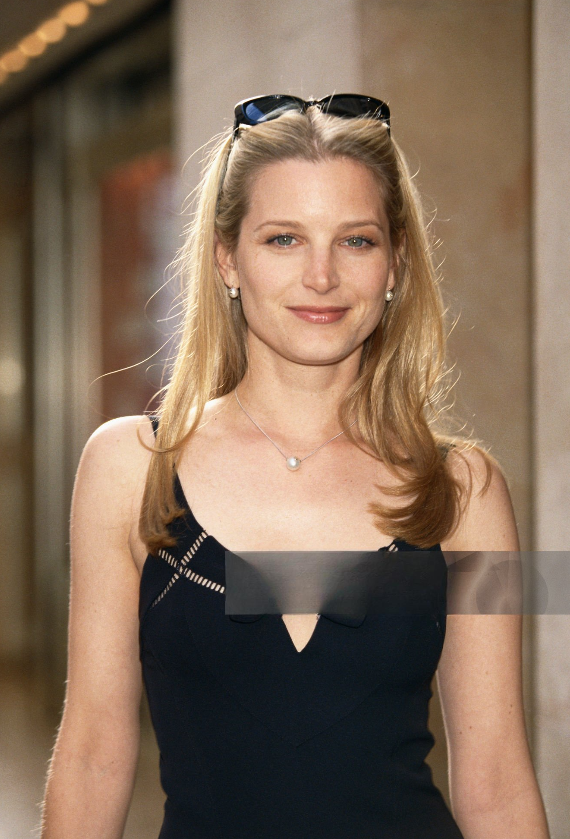
When asked if she’d ever return to acting, Bridget’s answer is refreshingly grounded: “It’s too nice being a civilian.” After decades of pretending to be other people, she found contentment in being herself.
Bridget Fonda Today: The Legacy Lives On
Now in her 60s, Bridget Fonda represents something rare in Hollywood — someone who conquered fame, then consciously left it behind. Her legacy isn’t just in her films, but in the message her choices send: success means nothing without peace of mind.
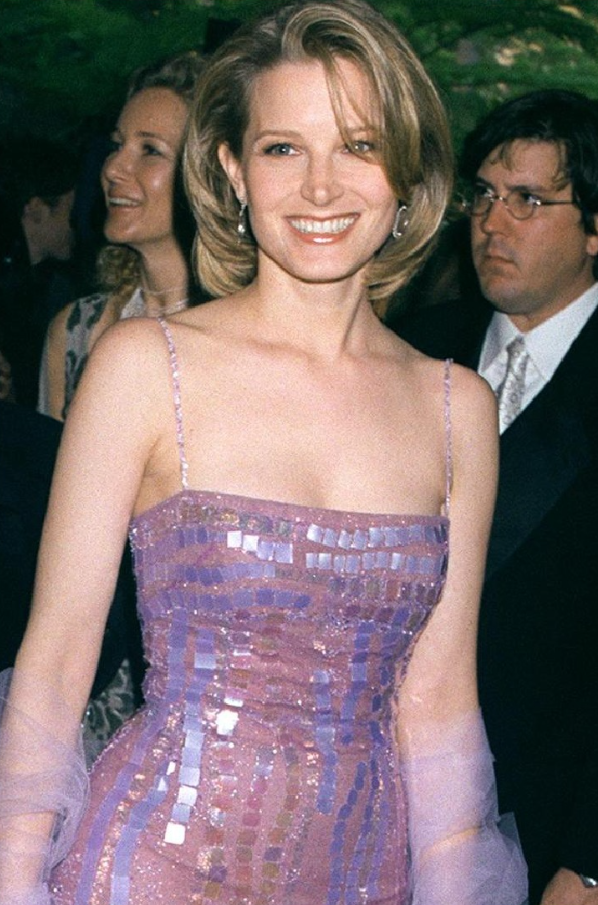
Her performances continue to inspire new generations of actors and film lovers alike. Single White Female remains a cultural reference point, Point of No Return still influences action heroines today, and Jackie Brown endures as a Tarantino classic. Yet Bridget’s greatest role may be the one she plays now — that of a woman living life on her own terms, content and unbothered by the noise of the industry she once ruled.
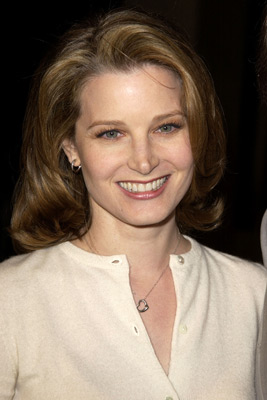
Conclusion: The Power of Walking Away
Bridget Fonda’s story is a gentle reminder that success doesn’t always mean staying in the spotlight. She had the talent, the fame, and the legacy — but she also had the wisdom to know when to step aside. From Hollywood royalty to devoted mother and private citizen, Bridget’s journey shows that peace, not fame, is the ultimate achievement.

In an age where everyone craves attention, Bridget Fonda chose serenity — and that, perhaps, is her most remarkable act yet.